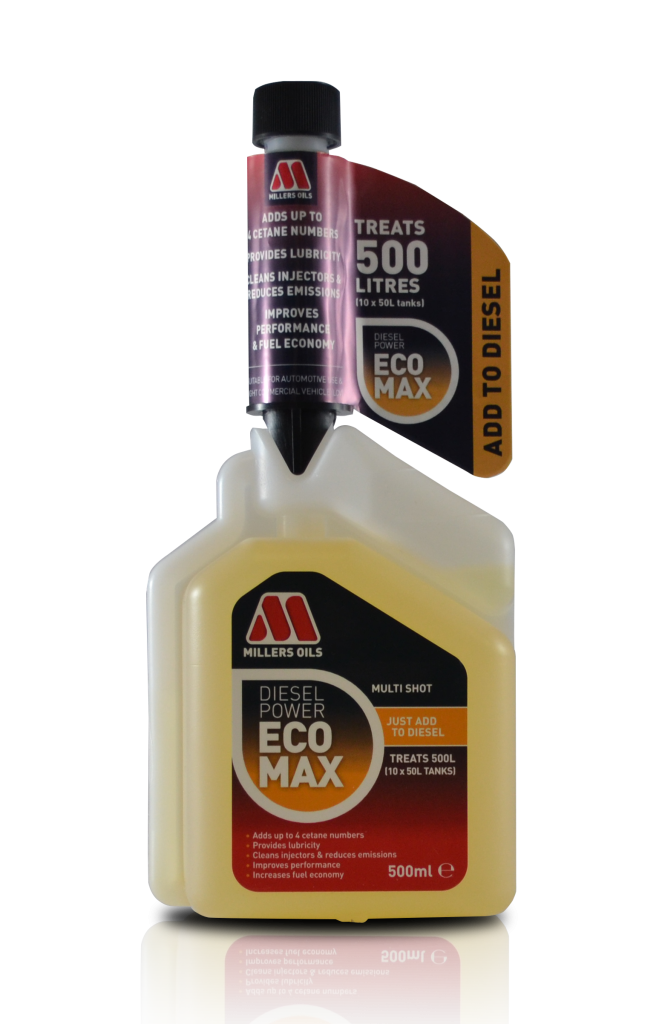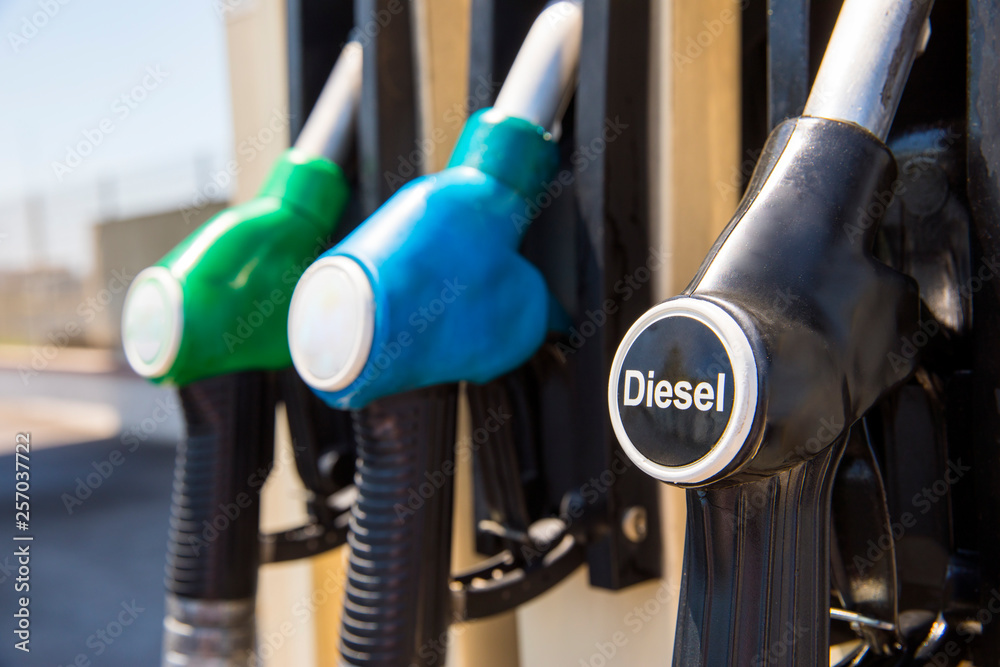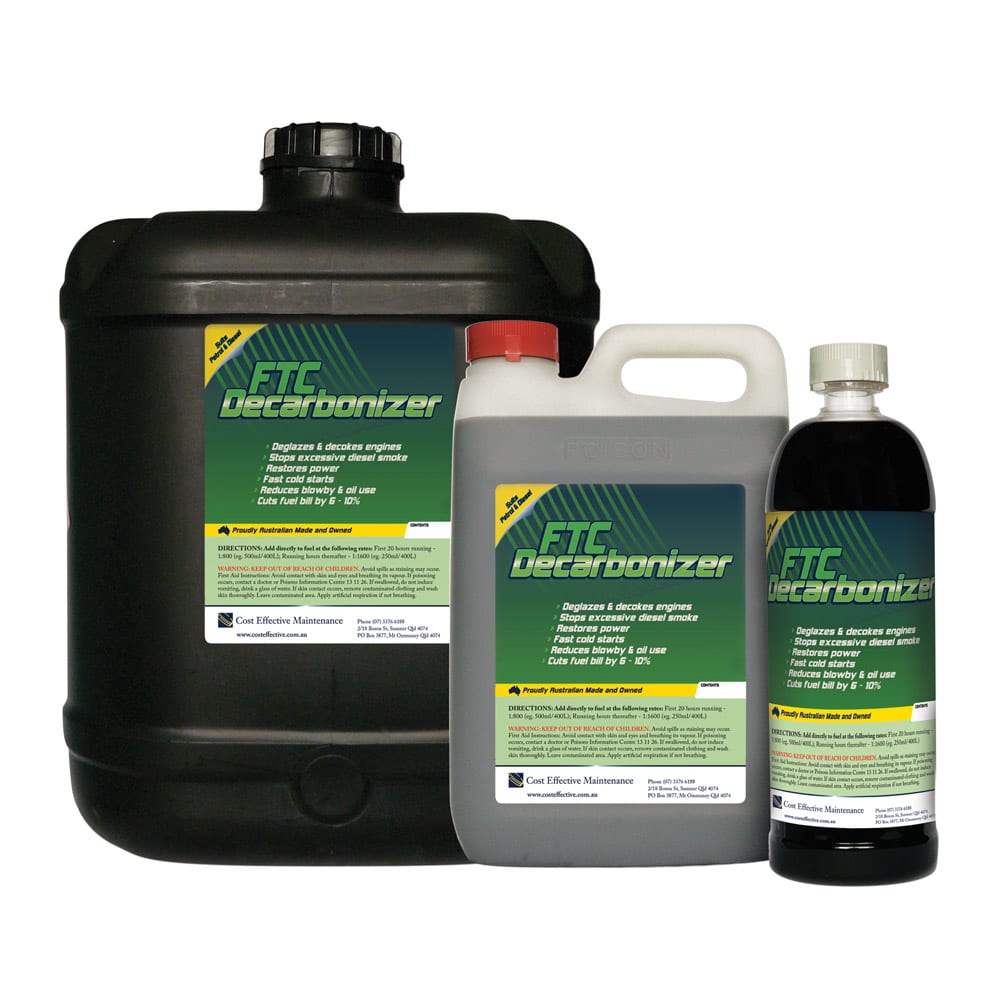Hi
Fwiw, i always use a Diesel additive for use in my Mercedes OM642. In eight years of ownership i have had no issues with EGR or turbo vanes. I have no DPF.
Maybe i would have had no issues had i not used the additive, who knows?
The additive i use is as follows. Maybe someone could explain the ingredients please. Is this just a pretty standard additive recipe that is common to most products of this type?

Diesel Power ECOMAX - Multi-Shot
A Diesel fuel treatment to increases power, reduces emissions, improve fuel economy, and clean injectors. Add to your fuel tank prior to fill.www.millersoils.co.uk
Thank you.
I've used Millers on and off since I passed my test back in 2010. It's mainly 2-EHN for cetane boosting purposes with a mineral lubricant and detergents. I must admit, I prefer Archoil 6900D-Max but have no other reason other than I 'feel' it's a better product.
I'm starting a new job in a few weeks which means I'll no longer have a company fuel card and can go back to using BP Ultimate instead



